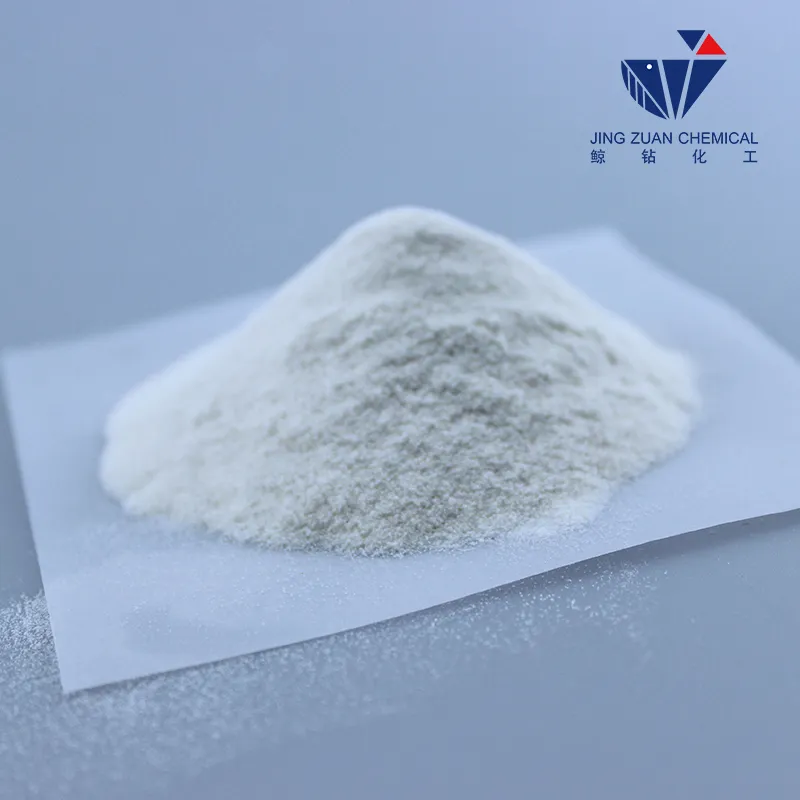
10 сар . 03, 2024 16:37 Back to list
hydroxypropyl methylcellulose hpmc
The Versatile Applications of Hydroxypropyl Methylcellulose (HPMC)
Hydroxypropyl methylcellulose (HPMC) is a cellulose derivative that has gained significant attention in various fields due to its unique properties and versatility. As a white, odorless powder, HPMC is a non-ionic water-soluble polymer widely used in pharmaceuticals, food production, construction, and numerous other industries. This article delves into its composition, properties, and applications, highlighting its importance in modern technology.
Composition and Properties
HPMC is derived from natural cellulose, which is modified through etherification. The process involves introducing hydroxypropyl and methyl groups into the cellulose molecule, resulting in a compound that is soluble in both hot and cold water. One of the key advantages of HPMC is its high adhesive properties, which make it an excellent binder and thickening agent. Additionally, its gel-forming abilities and emulsifying characteristics allow it to stabilize various formulations.
The degree of substitution (DS) of methyl and hydroxypropyl groups in HPMC can be tailored to control its viscosity and solubility. These customizable properties enable HPMC to be used across a broad range of formulations, making it a valuable component in numerous applications.
Applications in Pharmaceuticals
In the pharmaceutical industry, HPMC is primarily utilized as a film-forming agent, binder, and controlled-release agent in tablet formulations. It modulates the release of active pharmaceutical ingredients (APIs), allowing for sustained and controlled therapeutic effects, which enhances patient compliance. HPMC is particularly valuable in the production of hydrophilic matrices for oral drug delivery systems.
Additionally, HPMC is employed in preparing eye drops and other ophthalmic solutions due to its ability to increase viscosity and provide prolonged retention on ocular surfaces. Its biocompatibility and non-toxic nature further enhance its suitability for medical applications.
hydroxypropyl methylcellulose hpmc

Role in Food Production
HPMC is extensively used in the food industry as a food additive. It functions as a thickener, emulsifier, and stabilizer in various products, such as sauces, dressings, and baked goods. Its lower calorie content compared to traditional fats and oils makes it an attractive ingredient for healthier food formulations, promoting food texture and quality while reducing fat content.
Moreover, HPMC serves as a gluten substitute in gluten-free products, aiding in the formation of desired textures, which is especially important for consumers with gluten intolerance or celiac disease.
Impact on the Construction Industry
In the construction sector, HPMC is incorporated into cement-based products, tile adhesives, and plastering compounds. It enhances workability and adhesion, allowing for ease of application and improved performance. The presence of HPMC in construction materials helps to retain moisture, promoting better curing rates and durability.
Conclusion
Hydroxypropyl methylcellulose stands out as a multifunctional compound, playing a crucial role in various industries. Its unique properties make it an essential ingredient in pharmaceuticals, food production, and construction materials. As research continues and innovative applications emerge, HPMC is poised to remain a fundamental component in the development of new products and technologies, contributing significantly to improving quality and functionality across multiple fields. The adaptability and performance of HPMC highlight its importance in modern industrial applications, making it a compound of choice for formulators and manufacturers alike.
-
Versatile Hpmc Uses in Different Industries
NewsJun.19,2025
-
Redispersible Powder's Role in Enhancing Durability of Construction Products
NewsJun.19,2025
-
Hydroxyethyl Cellulose Applications Driving Green Industrial Processes
NewsJun.19,2025
-
Exploring Different Redispersible Polymer Powder
NewsJun.19,2025
-
Choosing the Right Mortar Bonding Agent
NewsJun.19,2025
-
Applications and Significance of China Hpmc in Modern Industries
NewsJun.19,2025







